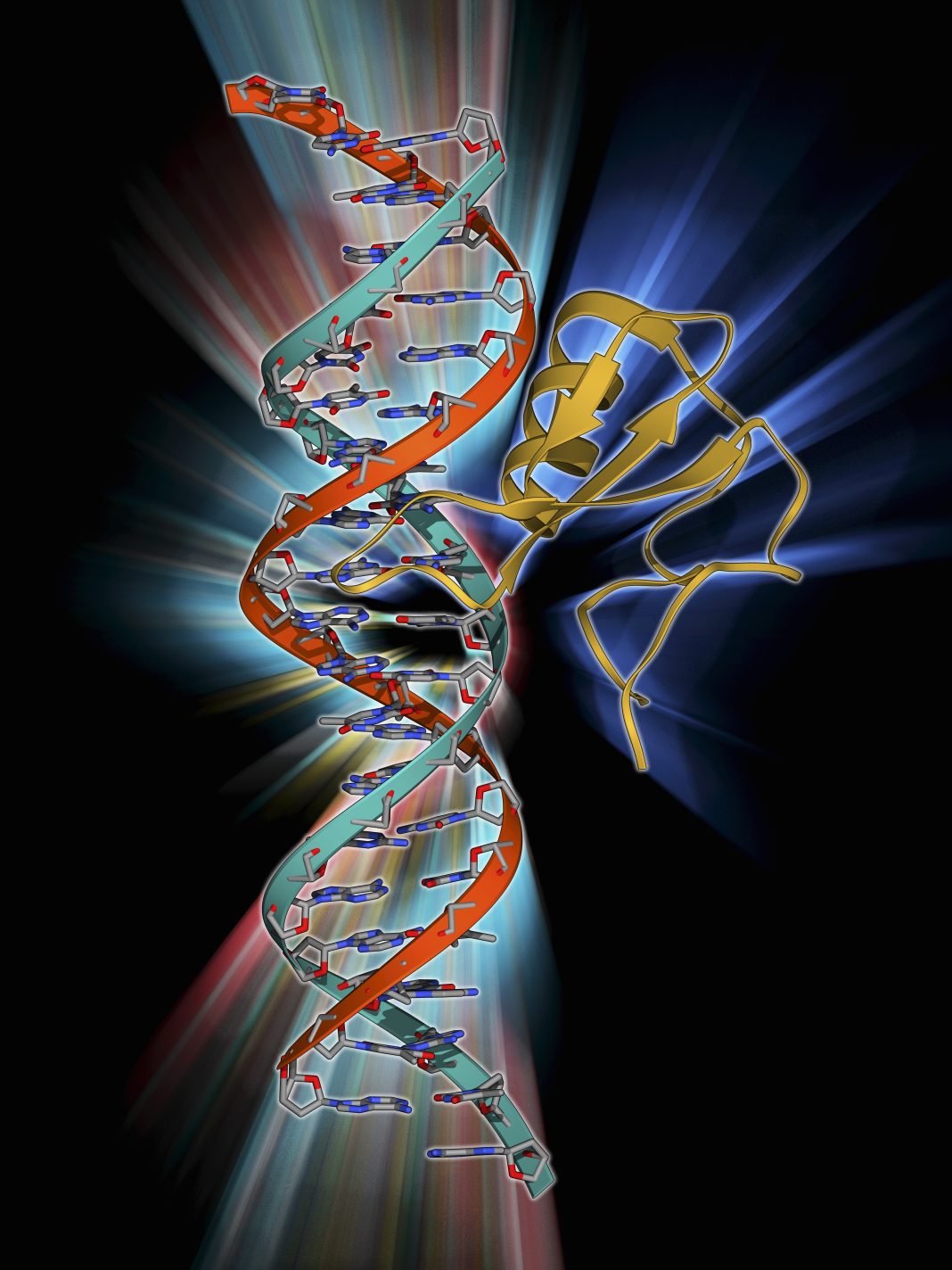Unravel Biosciences licensed a drug discovery platform technology from Harvard’s Wyss Institute for Biologically Inspired Engineering and Tufts University. Company officials say they will use the technology invented at Wyss to decode and model complex diseases to accelerate the development of new and more effective therapies.
Harvard’s Office of Technology Development is providing an exclusive, worldwide license to Unravel for the diagnosis, treatment, and prevention of certain neurodevelopmental disorders using new and existing drugs developed with the platform.
The company is validating the technology by developing a therapy for Rett syndrome, a rare genetic disease that mostly affects girls and causes progressive loss of motor and language skills, seizures, and intellectual disabilities. By combining predictive algorithms, a high-throughput tadpole-based screening system, and an iterative discovery process, Unravel reports that it is taking a patient-centric approach to identify drugs that can restore health, first in Rett syndrome and later in other cognitive and behavioral disorders.
“Unravel’s approach flips the traditional drug development process on its head. For the past 50 years, most pharmaceutical companies have started by identifying a molecular target of interest and then developed drugs to disrupt that target. But 90% of the drugs created via this process don’t work in patients,” said Richard Novak, PhD, a former lead staff engineer at the Wyss Institute and now CEO and co-founder of Unravel.
“In contrast, we start with an individual patient and ask, ‘What is different about this patient that’s causing this disease?’ We computationally predict which existing drugs could restore health in that patient, validate those drugs in our engineered animal models and focused clinical trials, and from there identify the underlying molecular targets that could be drugged to treat the disease across patient populations.”


